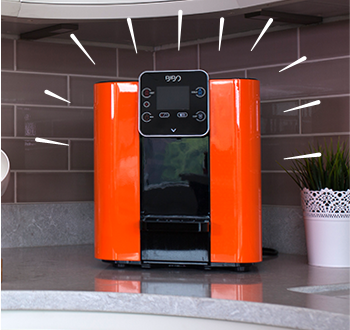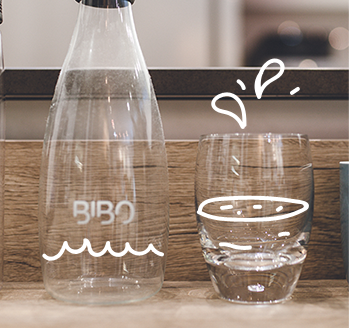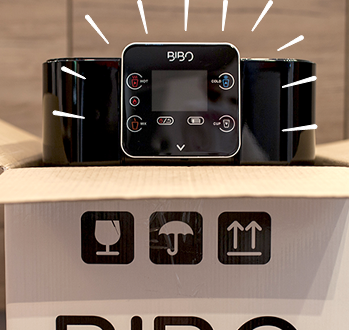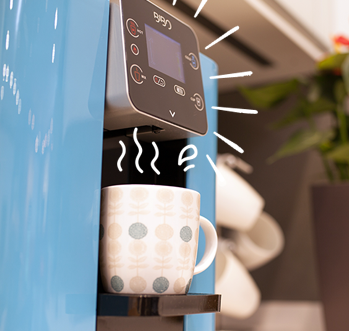Prehydrate, rehydrate, drink ahead of thirst: the information in the media on how best to drink whilst exercising is confusing at best. We’re often told that thirst is a sign that the body is already dehydrated, making us doubt our judgement when it comes our own body, and that water isn’t a good enough solution: what we really need are sports drinks.

The truth is, in 2012, an investigation by the British Medical Journal found that a lot of this pseudo-science comes from flawed studies that have been sponsored by drinks companies who produce sports drinks. Researchers from the University of Oxford said they found a significant lack of evidence to support the beneficial effect claims made by these manufacturers and advertisers.
In fact, for all but high-endurance athletes, thirst is the body’s best guide as to when and how much to drink whilst exercising, and water is the best source of hydration.
Even a really tough exercise session is no reason to rely on highly-processed, chemical laden sports drinks which often contain artificial flavourings and up to 10 teaspoons of sugar alongside the minerals, such as sodium and potassium, which they refer to as electrolytes.
If you’re planning a really tough exercise session, it’s easy to mix your own natural sports drinks using these simple recipes:
For an Isotonic drink, containing similar concentrations of salt and sugar as the human body, try 200ml of ordinary fruit squash mixed with a pinch of salt and 800ml of BIBO filtered water: this drink will provide a carbohydrate-based energy hit and quickly replace the fluid lost by sweating.
For a hypotonic sports drink containing a lower concentration of salt and sugar than the human body, try 100ml of squash mixed with 1 litre of BIBO filtered water and a pinch of salt: this drink will quickly replace any fluid lost through sweating. Unlike isotonic drinks it is low in carbohydrates.
Natural hydration, at the touch of a button!






